Building Trust in Hybrid Work Environments: Strategies for Success
Discover key strategies for fostering trust and productivity in hybrid work models, and learn how tools like Insightful’s remote worker tracking software can enhance your team's cohesion and efficiency. Explore hybrid remote work best practices for fostering trust in remote teams.
As we transition into a more digital age, hybrid work cultures—where work takes place both remotely and in the office—have grown in popularity. This blend provides flexibility, but it also brings forth new challenges, primarily surrounding trust and accountability.
Whether it's managers questioning the productivity of their remote teams or in-person staff feeling disconnected from their remote colleagues, these issues can dampen morale and hamper productivity.
This article dives deep into understanding these challenges and offers solutions for fostering a trust-filled, accountable hybrid work environment. In addition, find out how to keep track of employees working from home with Insightful.
Key Takeaways:
- Trust is the cornerstone of the modern hybrid work model.
- Managers play a pivotal role in establishing a trusting environment.
- Individual needs assessment, open communication, a culture of honesty, and clear expectations are essential strategies.
- The business advantages of hybrid models include cost savings, enhanced employee satisfaction, and higher productivity.
The Hybrid Work Environment Explained
Hybrid work models are not a fleeting trend but a response to the evolving needs of the modern workforce. According to the U.S. Chamber of Commerce, approximately 60% of companies are currently operating on a hybrid versus remote work model.
At its core, a hybrid work environment is one where employees split their time between working remotely and working from a centralized office. This flexibility allows businesses to tap into a wider talent pool, adapt to various circumstances, and offer a better work-life balance to their employees. However, the success of this model hinges on the establishment of trust.
Why is Trust So Essential?
Trust isn’t just a feel-good emotion; it's the underpinning of effective and productive collaboration. In traditional office settings, trust was built over coffee breaks, casual chats, and face-to-face meetings. The hybrid model, though innovative, lacks these spontaneous interactions.
The absence of physical presence can breed doubts, making trust even more pivotal. Here’s why:
Enhanced Communication: Trust is the foundation for open dialogue. According to a study by Salesforce, employees who feel their voice is heard at work are 4.6 times more likely to feel empowered to perform their best work. When trust is established, it ensures that team members communicate openly, reducing miscommunications that can lead to project delays and errors.
Elevated Morale: A Gallup report highlighted that engaged employees — those who are involved, enthusiastic, and committed to their work and workplace — are 21% more productive than their disengaged counterparts. Trust is a significant driver of engagement. In environments where trust is fostered, there’s a heightened sense of security and belonging, leading to a motivated and engaged workforce.
Boosted Creativity: The psychological safety provided by a trusting environment is essential for innovation. A two-year study on team performance by Google found that the highest-performing teams were those that had a strong sense of psychological safety, which allowed members to take risks without fear of retribution. In a trusting environment, employees feel comfortable sharing innovative ideas without the fear of ridicule or dismissal.
These statistics illustrate the tangible benefits that trust can bring to the table, particularly in a hybrid work setting where physical interactions are minimized. Establishing and maintaining trust should be a top priority for organizations aiming to maximize collaboration, morale, and creativity.
Assessing Individual Work Environments
The term "remote work" is no longer a one-size-fits-all concept. Instead, it's a mosaic of diverse setups, individualized routines, and varied challenges. Before expecting productivity and trust from employees, it’s critical for leaders to dive deep into the nitty-gritty of individual work environments:
Do they have the necessary tools and technology?
Is their internet connection reliable?
Are they free from excessive distractions?
Tools and Technology
The remote working applications an employee uses can significantly affect their efficiency. It's not just about having a computer but having one that's fast enough, secure, and equipped with the necessary software.
Additionally, access to collaborative tools like video conferencing platforms, project management software, and secure cloud storage can determine how seamlessly an employee can integrate with the rest of the team. Regular technology audits can ensure that employees are well-equipped and not technologically handicapped.
Reliable Internet Connection
An unstable or slow internet connection can be a significant impediment. Video calls that freeze, files that take ages to upload, or web pages that don’t load can cause frustration and hamper productivity. It's worthwhile for organizations to consider subsidizing high-speed internet for employees or providing portable Wi-Fi devices to ensure consistent connectivity.
Workspace Dynamics
While distractions at home, like pets, children, or household chores, are often spoken about, the physicality of the workspace is equally crucial.
Is the employee's chair ergonomic?
Do they have enough lighting?
Is their workstation conducive to prolonged periods of work?
Understanding these aspects can help managers gauge any physical challenges employees might be facing. Offering stipends for home office setups or guiding employees on creating a productive workspace can be beneficial.
Recognizing and proactively addressing these elements not only aids in ironing out operational kinks but sends a potent message: The organization cares. Such gestures are not about micromanaging but about extending support. And in this demonstration of empathy and understanding, trust finds fertile ground to take root and flourish.
Encouraging Open and Effective Communication
In remote working, communication isn't just a link between two points; it's the very lifeline that sustains team cohesion and trust. Without the benefit of spontaneous hallway conversations, facial expressions, or body language cues, hybrid teams can easily fall into the traps of misinterpretation and assumptions, both of which can erode trust swiftly.
The antidote? An unwavering commitment to open, clear, and continuous dialogue.
Regular Check-ins
These aren't just routine catch-ups. They’re pivotal touchpoints that serve multiple purposes. Beyond just discussing tasks, they offer a window into an employee’s wellbeing, morale, and any challenges they might be facing.
Whether conducted daily or weekly, these sessions have the potential to replace the impromptu desk conversations we're familiar with in physical offices. They anchor employees, giving them a sense of direction and purpose.
Virtual Team Meetings
Think of these as the 'team huddles' of the digital era. Formal project discussions are, of course, the mainstay. They provide clarity, align objectives, and foster collaboration.
But, just as essential are the informal virtual coffee breaks or virtual team-building activities. They might seem frivolous, but they're the balm that soothes the isolation remote work can sometimes bring. Such sessions help in replicating the camaraderie and team spirit that's often a given in a physical office setting.
Feedback Channels
In a traditional office, a nod, a pat on the back, or a quick word of appreciation can make all the difference. In a virtual setting, feedback channels become the conduits for these gestures. Constructive feedback, be it praise or points of improvement, is the compass that guides professional development.
By institutionalizing platforms or tools where employees can both give and receive feedback, companies not only promote a culture of continuous growth but also ensure that achievements don't go unnoticed, and areas of improvement aren't left in the dark.
Effective communication in a hybrid workspace is less about frequency and more about intentionality. It's the deliberate act of reaching out, understanding, and reinforcing the fact that while the team might be geographically dispersed, they're united in purpose, goals, and mutual respect.
Building a Culture Rooted in Honesty
Honesty is not just about telling the truth; it's about creating a space where transparency is the norm, not the exception. When trust is the foundation, honesty becomes the building block that reinforces it. So, how can organizations cultivate such a culture?
Leading by Example
As the adage goes, "A fish rots from the head down." The inverse is also true; positive cultural shifts often start at the top. When leaders and managers are quick to admit their missteps, rectify them transparently, and view them as growth opportunities, it creates a powerful ripple effect.
Such actions not only humanize leaders but also set a tangible example for team members. It communicates a clear message: It's okay to err, as long as we learn, adapt, and evolve.
Non-judgmental Environment
Picture this – an environment where mistakes are not seen as failures, but as stepping stones to improvement. In such a setting, fear of retribution or ridicule dissipates. Instead of hiding their challenges or glossing over errors, employees feel empowered to bring them to the fore, knowing they'll be met with understanding and solutions, not blame.
This mindset shift from penalizing to mentoring fosters a proactive problem-solving environment. It encourages openness, dialogue, and collective brainstorming.
Consistent Feedback Loops
While it's pivotal to create an environment where errors are treated as learning curves, it's equally important to have mechanisms in place for constructive feedback. Regular, honest, two-way feedback sessions ensure that there's clarity on expectations, areas of improvement, and avenues for growth. These sessions serve as checkpoints, reinforcing the ethos of transparency and continual growth.
Rewarding Honesty
Reinforcing positive behaviors can cement the culture of honesty. When employees who come forward with challenges, provide constructive feedback, or showcase vulnerability in the interest of team growth are recognized and rewarded, it underscores the organization's commitment to an honesty-driven ethos.
An honesty-centered culture in a hybrid work model is about fostering a holistic environment where openness is encouraged, vulnerabilities are acknowledged, and growth is a collective endeavor. Such a culture not only elevates trust but also bolsters collaboration, innovation, and overall team synergy.
Setting and Communicating Clear Expectations
Ambiguity is trust's greatest enemy. Unclear expectations can lead to confusion, errors, and doubt. To ensure everyone is on the same page:
- Define Work Hours: Especially important for global teams across time zones. When can everyone meet? When is it okay to disconnect?
- Clarify Project Goals: Every team member should understand the project's end-goal and their role in achieving it.
- Establish Communication Norms: Should the team use email, Slack, or another platform? How often should they check in? Setting these standards streamlines processes.
Understanding the Implications of Distrust
Distrust isn't just an emotional issue—it has tangible consequences. When trust is lacking, “productivity paranoia” can creep in.
Managers may constantly doubt their remote team's productivity, leading to micromanagement. Employees might feel undervalued and over-scrutinized, leading to diminished morale, reduced productivity, and even attrition. Addressing and rectifying these feelings is essential for the long-term success of a hybrid model.
Insightful: Strengthening Trust in Hybrid Workspaces
The challenges of hybrid workspaces, such as building trust and ensuring productivity, find a reliable ally in Insightful’s employee monitoring system:.
- Optimizing Productivity: By analyzing work patterns, Insightful aids managers in identifying and addressing productivity barriers. This proactive approach eliminates the 'productivity paranoia' and reinforces trust.
- Promoting Openness: Real-time insights allow managers to understand their team's working dynamics better. Instead of making assumptions, they can engage in informed discussions, fostering a culture of open communication.
- Enhancing Security: Trust is deeply tied to security. With Insightful’s alerts, potential threats are swiftly identified and resolved, ensuring the team feels secure in their digital environment.
- Balancing Monitoring and Privacy: Insightful recognizes the sensitivity around monitoring. Its commitment to data privacy ensures that its tools are used to build trust, not erode it.
- Tailoring to Unique Needs: Every organization has distinct trust challenges. Insightful's customizable settings allow managers to address these nuances, strengthening the bond of understanding between teams.
- Understanding Work Dynamics: With insights into office vs. remote work patterns, businesses can make informed decisions about individual work environments, showing they genuinely care about employee well-being.
Insightful isn't just a tool—it's a trust-building partner for hybrid work environments. By providing clarity, fostering open communication, and prioritizing security and privacy, it allows businesses to seamlessly transition to a trust-filled hybrid work model.
¿Está listo para tomar el control total de su lugar de trabajo?
Pruebe la solución más sencilla hoy mismo...
Prueba Gratis.svg)
.jpg)

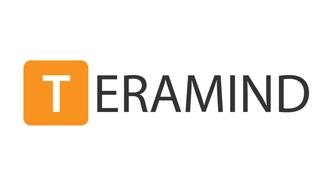






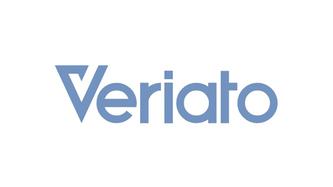












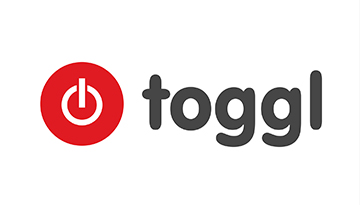
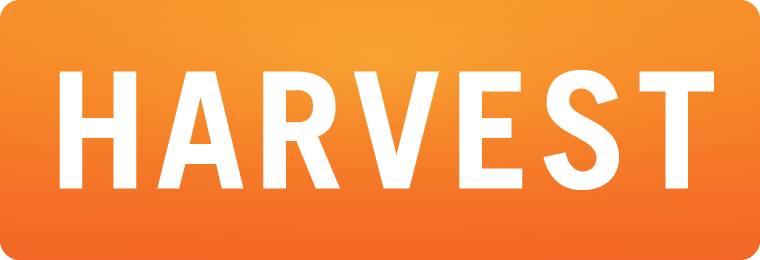

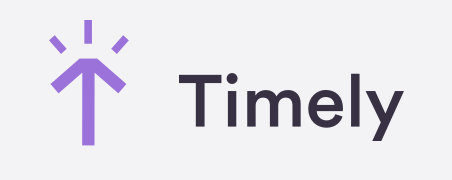

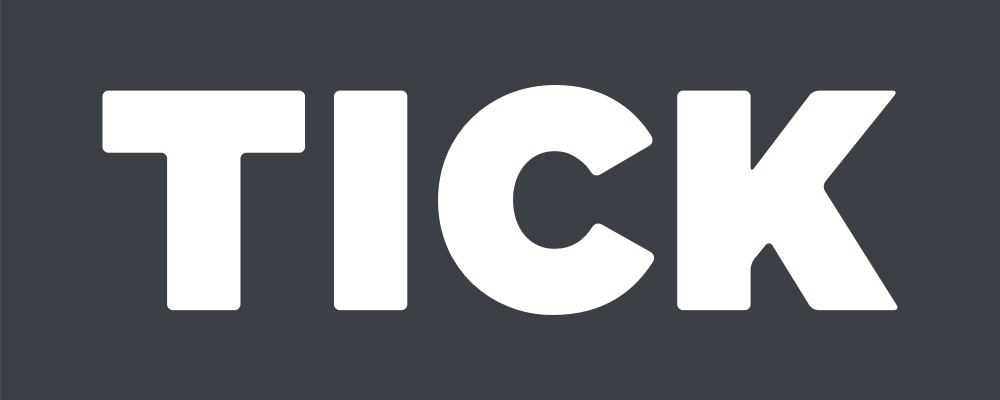

%20(1)%20(1).png)

.png)

%20(2)%20(1).png)



.png)